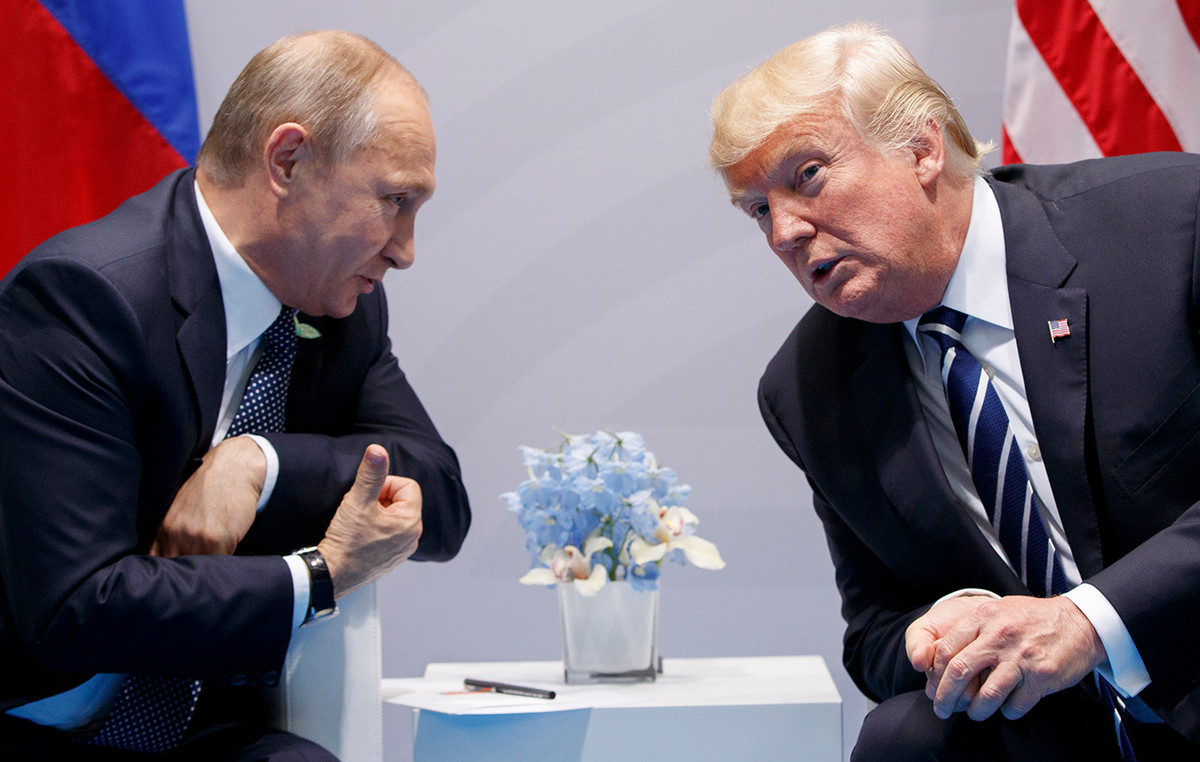Indices in the Asia-Pacific region are moving with mixed signs, with investors moving cautiously against the background of the proximity of the wider S&P 500 index on Wall Street at its closing on Friday.
On the board, the Japanese Nikkei gained 0.98%, to 27,001.52 points, with the South Korean KOSPI to strengthen by 0.29%, while in Hong Kong o Hang Seng declines by 1.10%. In mainland China, the Shanghai records a marginal increase of 0.03%, while o Shenzen “loses” 0.12%. In Taiwan, the Taiwan Weighted also increased marginally, by 0.07%, while in Australia o S & P / ASX 200 closed with small gains of 0.05%.
The minutes of the last meeting of the monetary policy committee of the US Federal Reserve (Federal Reserve) will be published within the week, as well as new data on the course of consumer prices in the largest economy in the world.
On Friday, the broader index of the American stock market sank intra-conference by more than 20% compared to its last historical high, finally closing 18.7% lower than that. It was the 7th consecutive week of losses, a series that has been appearing since 2001, in the midst of the then bursting of the “bubble” of dot-com (technology companies of the time).
In Asia, inflation, the consequent rise in central bank interest rates, Russia’s war against Ukraine and the slowdown in the Chinese economy are holding back stocks, and the risk of a recession in the US is also on analysts ‘and investors’ radars. .
As part of US President Joe Biden’s visit to the Far East, the US head of state will be in Japan and South Korea for a new initiative on a framework for economic co-operation and security co-operation.
Entitled “Indo-Pacific Economic Framework”, Washington says it will help the US and Asian economies work together on supply chain, digital commerce, green energy, worker protection and anti-corruption measures.
The details, however, remain to be negotiated between the various countries in order to establish terms of mutual benefit between the US and their Asian partners.
Center-left Anthony Albanese has been sworn in as Australia’s new Prime Minister in the country’s first Labor Party victory since 2007. Labor has committed to a program of greater financial aid and a strong social safety net as the country faces higher levels. inflation since 2001, as well as soaring prices in the housing market.
According to analysts, however, the new government’s policies are not expected to deviate strategically from those of its center-right predecessor, except for a slightly more supportive fiscal policy.
Source: Capital
I am Sophia william, author of World Stock Market. I have a degree in journalism from the University of Missouri and I have worked as a reporter for several news websites. I have a passion for writing and informing people about the latest news and events happening in the world. I strive to be accurate and unbiased in my reporting, and I hope to provide readers with valuable information that they can use to make informed decisions.







